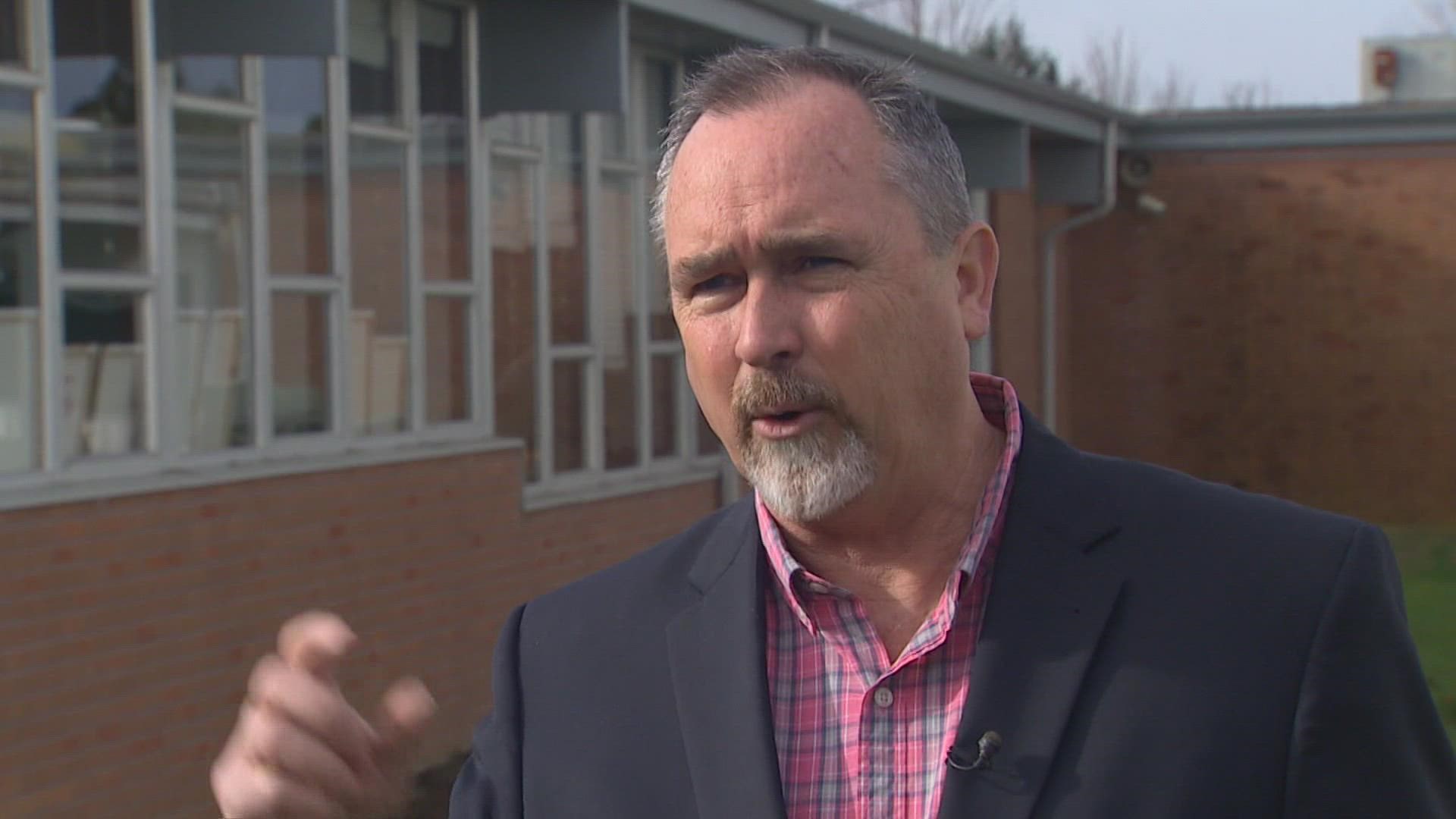WAHKIAKUM COUNTY, Wash. — Washington lawmakers could be forced to change the way the state pays for education, again.
In 2007, the McCleary family sued the state, claiming the state was failing its “paramount” duty as laid out in the state’s constitution to fully fund education.
The family and attorney Tom Ahearne argued the reliance on local levies to raise funds for teachers and programs unfairly benefitted more wealthy districts.
Following a series of court rulings, state lawmakers agreed. Legislators took steps to increase state funding toward schools, while placing limits on how much districts could raise through levies to pay for teachers and programs.
Now, Ahearne has filed another lawsuit, this time on behalf of the Wahkiakum School District, claiming the state needs to improve how districts raise money to pay for new schools, building upgrades, and maintenance.
“If we built bridges like we built schools, we’d have bamboo bridges in Wahkiakum County. And that’s not right,” said Wahkiakum Superintendent Brent Freeman.
He said voters in Wahkiakum County have rejected seven of the last eight attempts at getting bonds to improve or replace existing facilities.
His schools have roofs that leak, science labs with broken pipes, spotty internet, and the ventilation is so bad most experiments that involve Bunsen burners have to be conducted outdoors.
Freeman wants more help from the state to “leveling the playing field,” so districts where lower property values and incomes can compete with wealthier districts across the state.
“Schools are the only part of the state infrastructure where there’s a state expectation around the results, and you build on the backs of the local taxpayers,” Freeman said.
Senator Emily Randall (D-Bremerton) said the state needs to do more to help districts like Wahkiakum’s. Randall said she supports a bill to lower the threshold for a bond to pass in a local election.
Under current law, bonds, which raise funds for building schools, require a supermajority, 60% of the vote to pass. The proposed legislation would lower that requirement to a simple majority, the same qualification for a levy, which authorizes funding for teachers or educational programs.
Freeman said that might work for some districts, but not Wahkiakum, where the last bond measure, which was put to voters in 2020, failed to receive 35% approval.
He said the state needs a bigger fix that doesn’t rely on local voters.
”Our facilities are impacting our kids’ ability to compete in the real world,” Freeman said.

